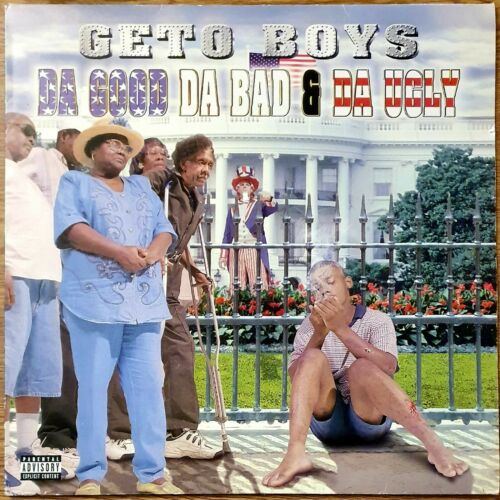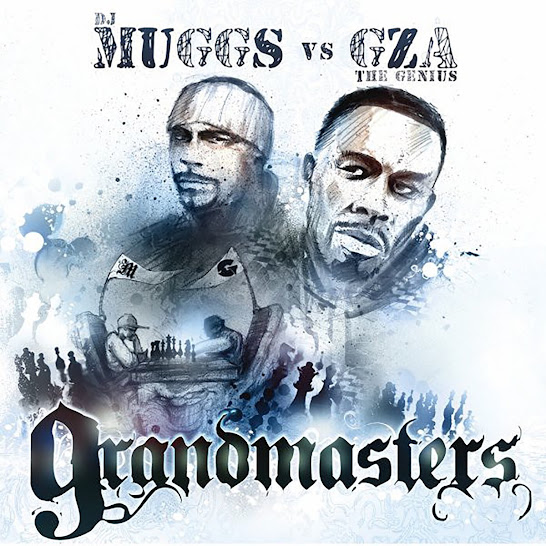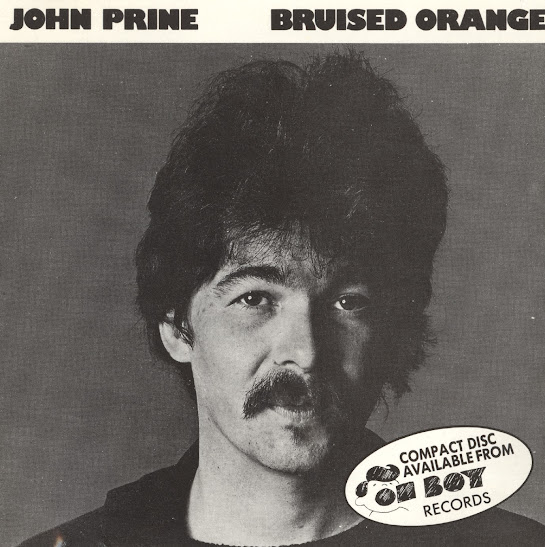Fear of a Black Planet may have been the ultimate refinement of the PE sound--cacophonous layered samples over fiercely funky drum loops by the Bomb Squad; Chuck D's Black nationalist sloganeering & oblique rhyme patterns; Flavor Flav's freewheeling hypeman screech--but It Takes a Nation of Millions to Hold Us Back was the LP that flung open the doors, probably the 1st full-length conscious rap album, & one of the most important hiphop records of all time.
The Bomb Squad treats us to musique concrete-style sample collages on tracks like "Night of the Living Baseheads," "She Watch Channel Zero" with its hard-rock guitars, & the aptly titled "Bring the Noise," which switches drum loops midway through & one of whose prominent samples is a wall of literal noise. Then there are not so dense offerings like "Don't Believe the Hype," whose casual bounce & trebly warble anticipates stuff like Muggs's work with Cypress Hill. Another relatively sparse beat is "Black Steel in the Hour of Chaos": over little more than drums, rattling sub bass & eerie, insistent piano chords (borrowed from Isaac Hayes) Chuck flexes his seldom-used storytelling muscles to bring us a tale of draft-dodging civil disobedience & its consequences. In a larger sense, he's describing the struggle of those guilty of the unwritten crime of being Black in an America whose institutions constitute "an anti-n****r machine" (mass incarceration as "a form of slavery"), & the mutual violence that tautologically results from defying conformity ("I'm a rebel so I rebel"). Chuck's lyrical style is wholly unique & difficult to describe. He sort of swing dances around the point he's making, brushing into it sideways & flipping it around, not so much to leave space for interpretation as to paint his verses with a particular consciousness: part intellectual dream logic, part hep-cat patter, 100% Blackity Black.
The album ends on another knockout: "Party for Your Right to Fight," which plays with the dual meaning of the word "party" to issue a tribute both to the Black Panthers & to rap music as a whole. PE brashly--& necessarily--interrogates the privileged apoliticism of their white Def Jam labelmates the Beastie Boys, whose hit single "(You Gotta) Fight For Your Right (To Party!)" the song dismantles & rearranges. With a collection of samples from Black, politicized funksters like James Brown, Bob Marley & Sly Stone, the song is an elegant argument for the political necessity of dance music, & the very essence of hiphop.
It Takes a Nation... is brimming with brilliant ideas like that. While I may prefer the followup as a front-to-back listen, I can never deny this record's iconic status, & I can't help but wonder how mind-expanding it was to hear when it was new.






























